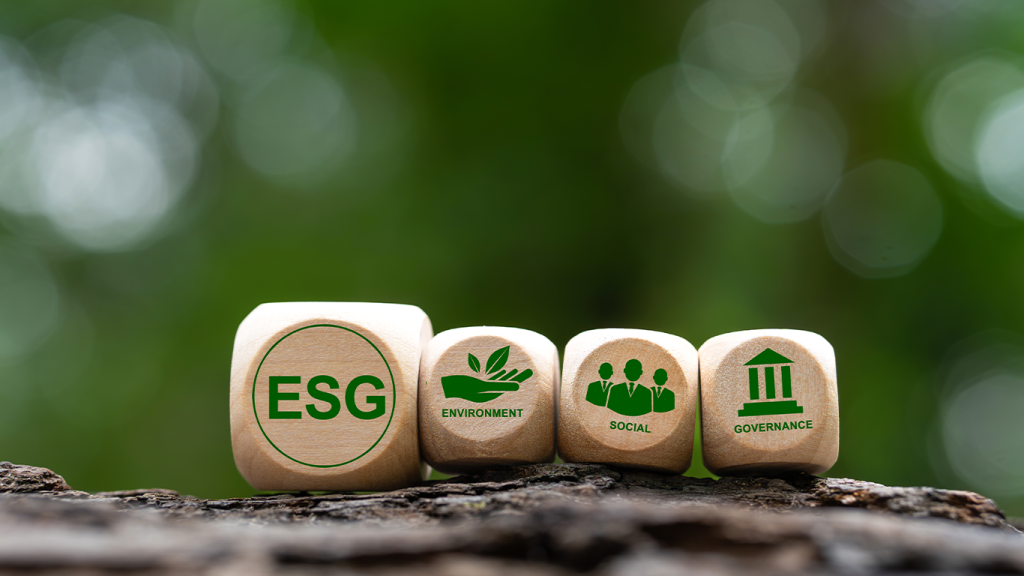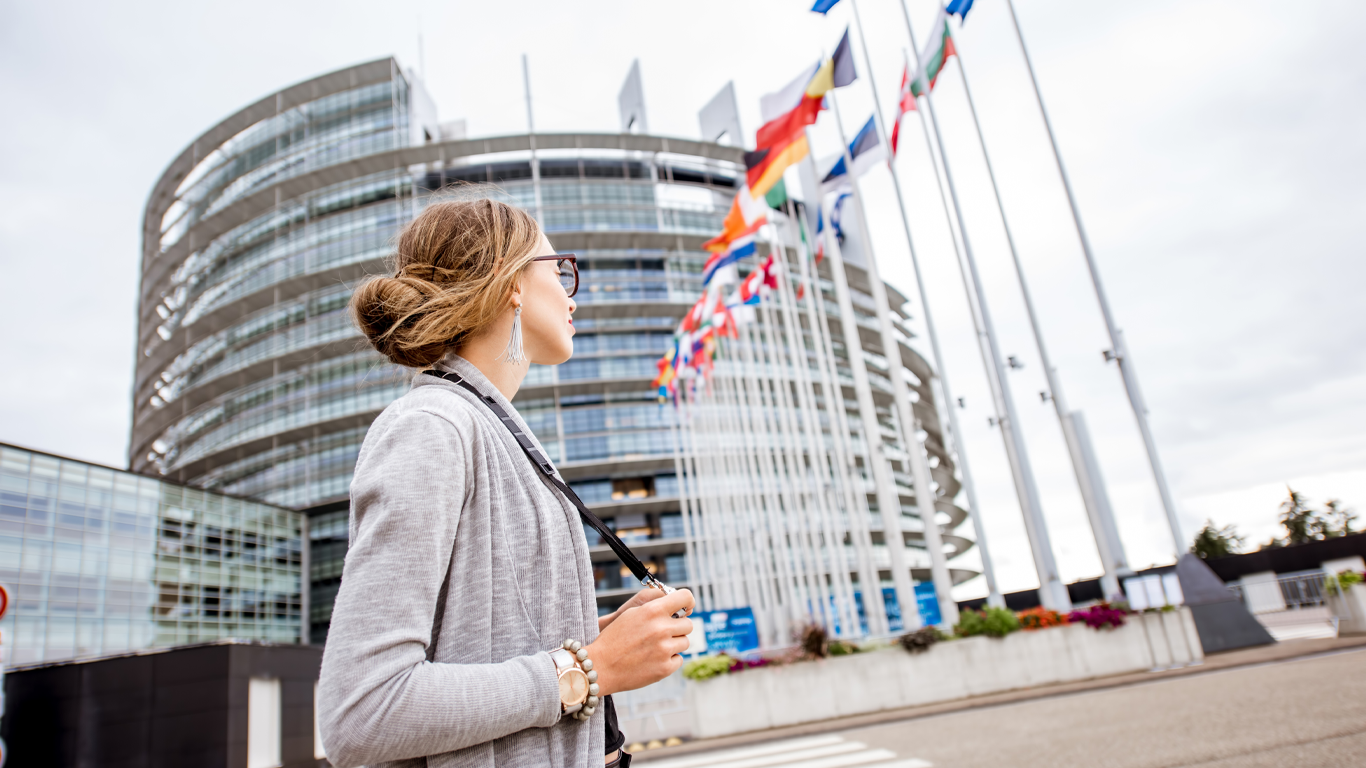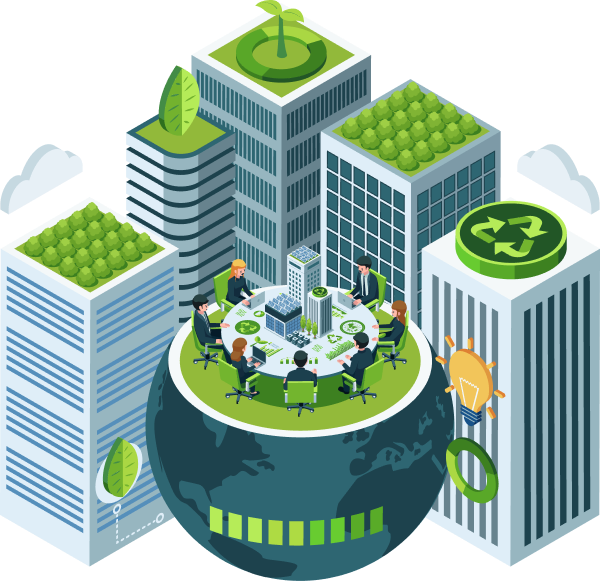What Is Agenda 2030?
Agenda 2030 is the European Union’s commitment to implementing the United Nations’ Sustainable Development Goals (SDGs) by the year 2030. It sets a clear roadmap for addressing climate change, environmental protection, social inclusion, economic responsibility, and sustainable innovation. These goals are not theoretical – they are directly shaping national and corporate policies across Europe.
Why Should Businesses Care?
Agenda 2030 directly influences how companies will be expected to operate, report, and grow. It brings sustainability to the core of business operations.
By 2026, more than 50,000 companies in the EU will be legally required to submit ESG reports under the Corporate Sustainability Reporting Directive (CSRD). Failing to comply could result in limited access to capital, reputational risks, and regulatory penalties.
At the same time, companies that align with Agenda 2030 will benefit from access to sustainable finance, improved stakeholder trust, and long-term market positioning.
What Does It Require From Companies?
To meet the expectations of Agenda 2030, businesses must:
- Define measurable ESG strategies
- Collect verifiable field data for reporting
- Demonstrate social and environmental responsibility across their supply chain
- Collaborate with partners who support sustainable practices (e.g., beekeepers, regenerative farmers, biodiversity projects)
Agenda 2030 Is an Opportunity, Not Just a Regulation
Companies that take early action can build competitive advantages by embedding ESG principles into their operations. Investors and customers are already choosing brands with transparent sustainability practices. Agenda 2030 gives businesses a framework to act, grow, and lead with purpose.

How Bee4Impact Helps
Bee4Impact enables companies to meet Agenda 2030 expectations by connecting them with verified environmental actions on the ground. Through an AI-powered mobile app and ESG reporting platform, we provide structured, traceable, and verifiable data collected by local beekeepers. This helps businesses meet regulatory requirements while supporting real-world impact.
Conclusion
Agenda 2030 is more than a long-term goal – it’s a present-day shift in how businesses are expected to think and act. Companies that understand and align with this agenda now will be the ones shaping the sustainable economy of tomorrow.


